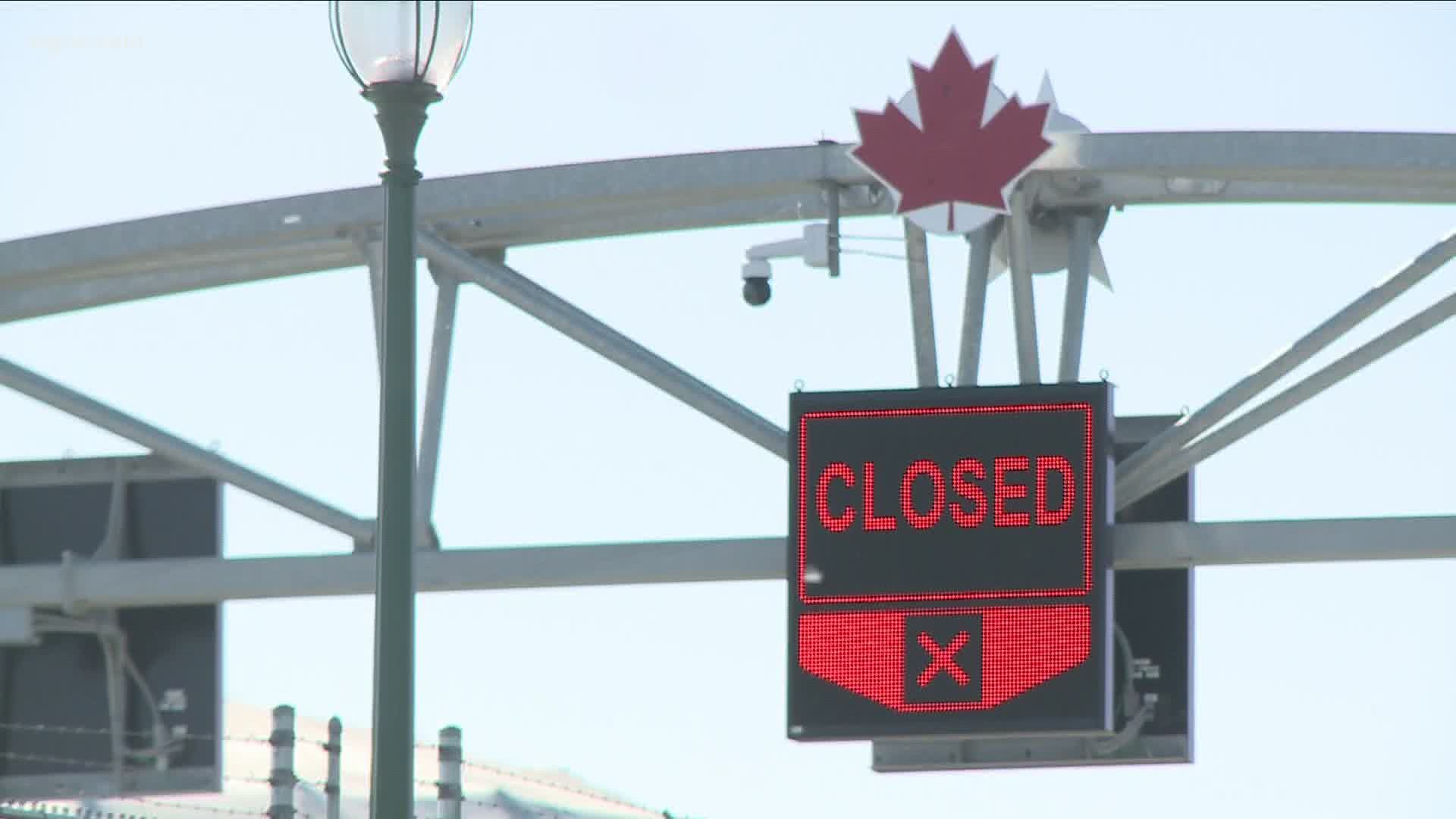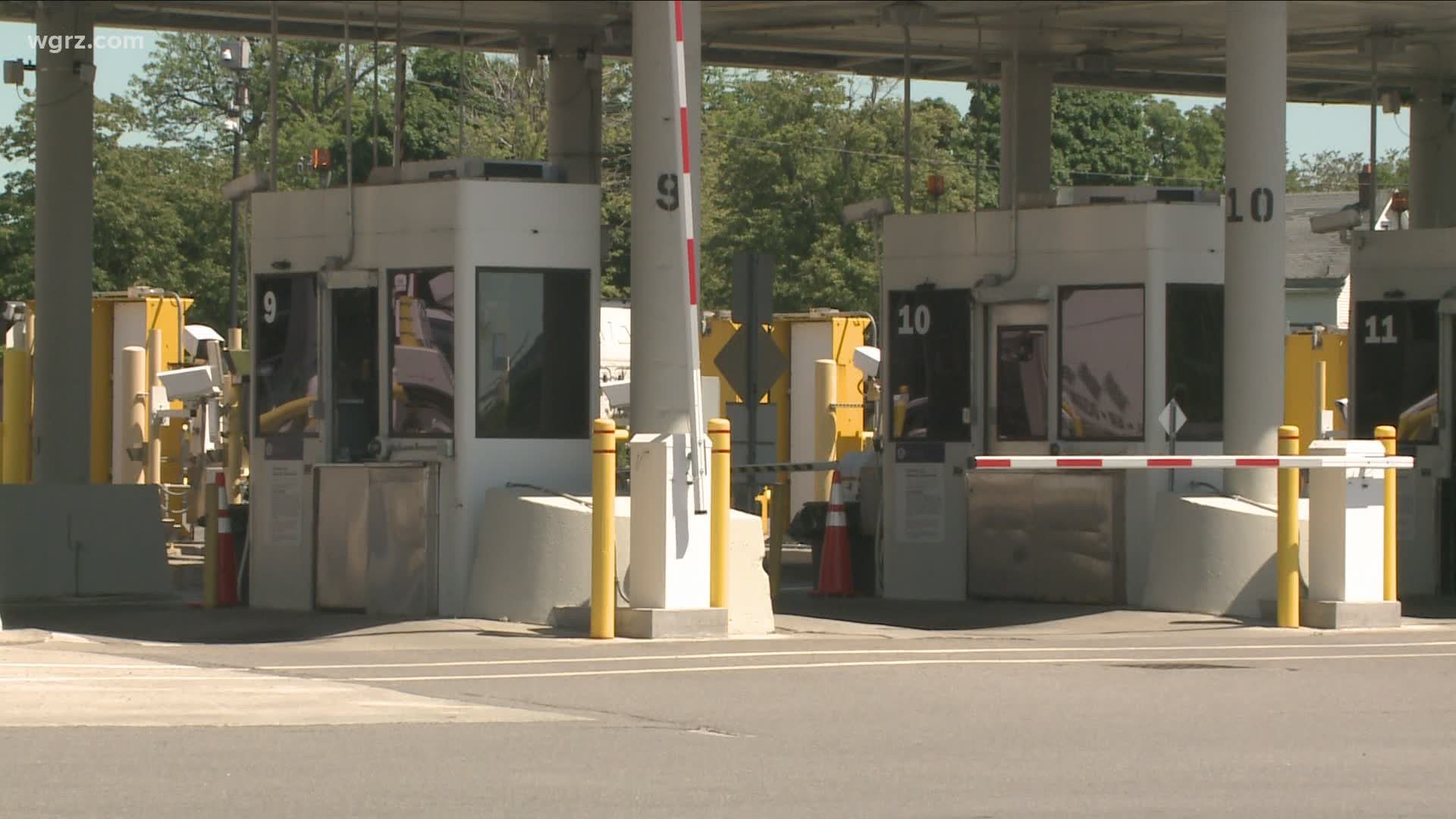NIAGARA FALLS, ON — The US and Canadian border will remain closed to non-essential travel for a little bit longer. Immediate family members of Canadians are allowed entry into Canada, but must quarantine for 14 days.
"I can now confirm that Canada and the United States have once again agreed to extend by thirty days until July 21st the current measures in place along our border," said Justin Trudeau, the prime minister of Canada. "This is an important decision that will keep people in both of our countries safe."
The news didn't come as a surprise to Jim Diodati, the mayor of Niagara Falls, Ontario.
"Just because your area's doing a good job, all it takes is one or two people coming from another area and before you know it, it's spreading," Diodati said.
But the impact of the travel restrictions has already been significant.
"In Niagara Falls, 40,000 jobs depend on tourism to put food on the table; 98 percent of them have been laid off," said Diodati.
He added, "Typically the hundred days of summer, which starts from around the long weekend in May to the Labor Day Weekend in September, those 100 days of summer is typically where we make 80 percent of the money and it's not just about paying the bills now. It's about paying the bills throughout the winter when things slow down."
For Americans who own property in Canada, they still can't get there.
Christian Delisle lives in Buffalo and owns a summer cottage in Canada. He told 2 On Your Side in response to the extension, "There are way worse problems but it's just a disappointment not to have that available for at least most of the summer."
Delisle explained his family would typically be staying almost full-time in Canada by now, and he even has COVID-19 antibodies.
"No matter what, even if you have a place and plan to totally isolate yourself and not be in contact with anyone, you're still under one set of rules," Delisle added.
That's part of the reason Mayor Diodati is predicting more stay-vacations this summer.
"What we think is gonna happen this year is the Americans are gonna be stuck on their side and the Canadians are gonna be stuck on our side and there will be more stay-cations," he said. "With the cheaper gas, there will be more of the rubber tire traffic and I think there's gonna be more people that normally would've crossed the border to visit the other country, they're gonna stay in their own country this year and spend their money there."
But there's still optimism for some normalcy with across border travel come August.
"We're all hopeful we're gonna get something out there but we'll see," said Delisle.


